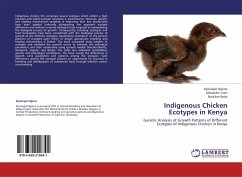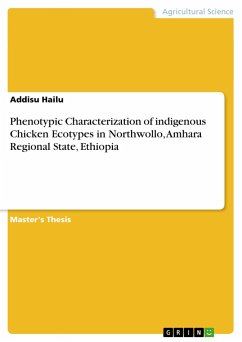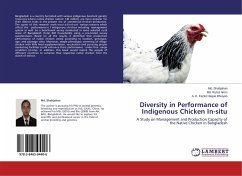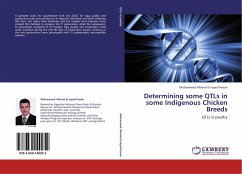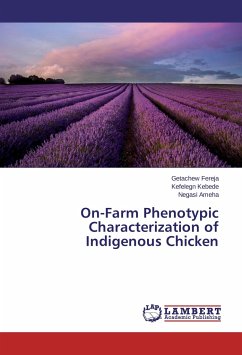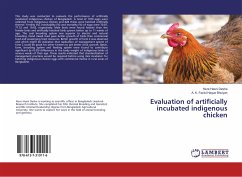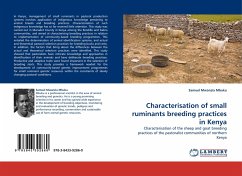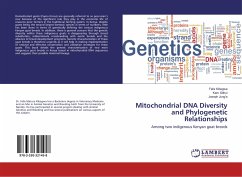Indigenous chicken (IC) comprises several ecotypes which exhibit a high between-and within-ecotype variations in performance. However, genetic and feeding interventions targeted at improving their low productivity have been applied uniformly disregarding the apparent ecotype differences and without a sound biological basis targeted at manipulating the biological process of growth. Consequently, breeding strategies and feed formulation have been unmatched with the biological process of growth of the different ecotypes. Quantitative description of the growth patterns of ecotypes upon which to design appropriate breeding and feeding interventions is limited. This book compared body weights of ecotypes and modeled the growth curves to estimate the associated parameters and their relationship using growth models (Von-Bertalanffy, Gompertz, Logistic, and Brody). The study also estimated heritabilities, genetic and phenotypic correlations. The book reveals the differences in growth curve parameters and patterns among the ecotypes. Such differences among the ecotypes present an opportunity for practical IC breeding and development of commercial stock through selection and/or crossbreeding.

